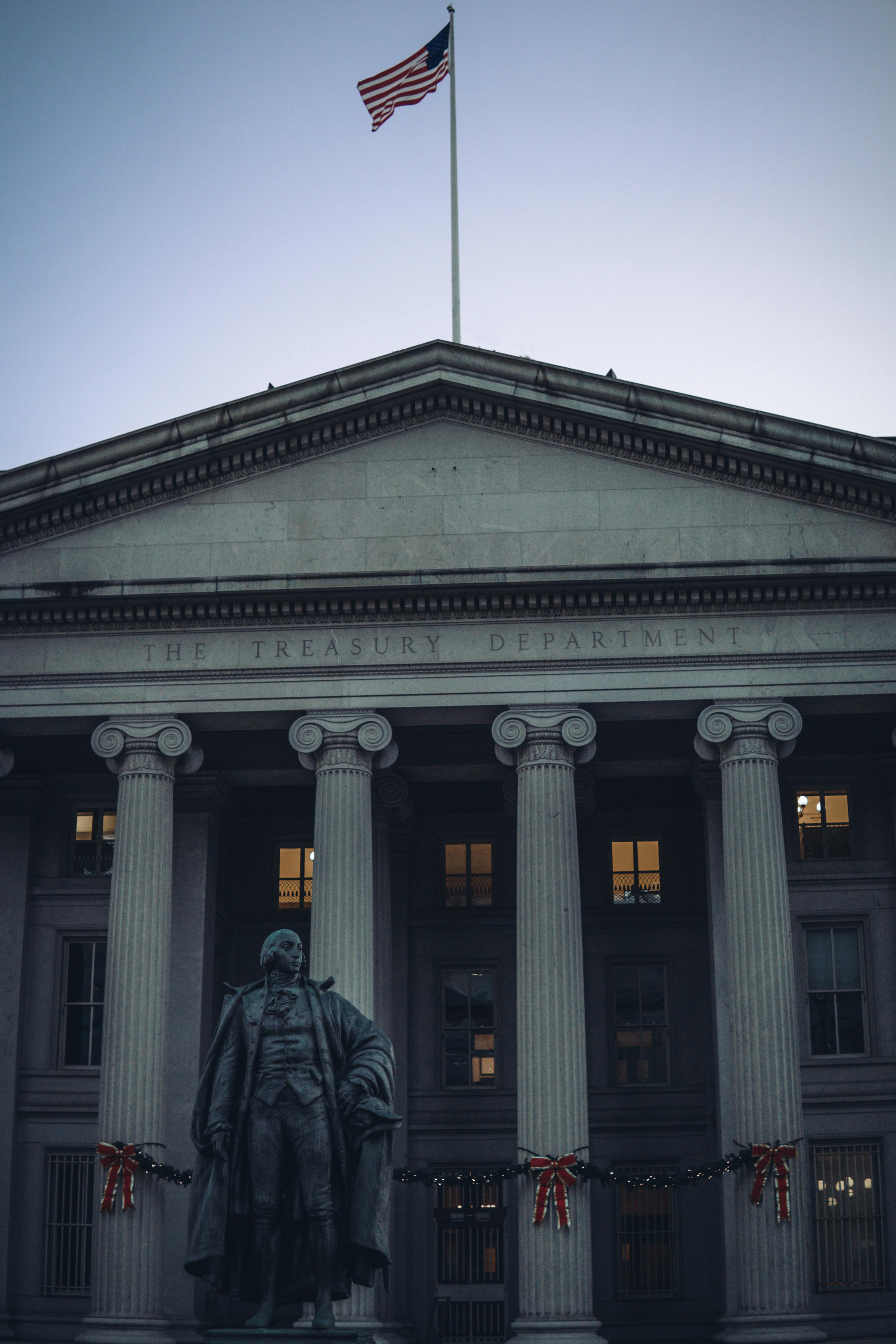US Treasury Blocks Musk's Attempt To Access Multitrillion-Dollar Payment

Elon Musk’s ambitious efforts to reform government operations have met a significant roadblock. The U.S. Treasury Department has issued a temporary order barring Musk’s Department of Government Efficiency from accessing federal payments data, citing concerns over security and financial oversight. The move highlights growing tensions between private sector influence and government control over sensitive financial infrastructure.
Background on the US Treasury Payment System
The U.S. Treasury plays a central role in managing the country’s finances, overseeing the collection, distribution, and security of trillions of dollars in federal payments. This system handles payments for Social Security, federal employee salaries, military expenditures, and more. Given the vast sums involved, ensuring the integrity and security of the Treasury’s financial operations is a top national priority.
To protect against fraud, cyber threats, and unauthorized access, strict regulatory controls govern who can interact with Treasury payment systems. Even within government agencies, access is highly restricted, making Musk’s attempted involvement particularly controversial.
Musk’s Involvement and Alleged Attempt to Access Data
Elon Musk’s Department of Government Efficiency, a newly created entity aimed at optimizing government operations, sought access to Treasury payment data under the premise of improving efficiency. Musk has long criticized government bureaucracy, arguing that outdated systems and inefficiencies cost taxpayers billions.
His proposal reportedly included using artificial intelligence and automation to streamline federal payment processes, potentially reducing waste and fraud. However, critics argue that such access would grant unprecedented influence to a private individual, raising ethical and security concerns.
The Treasury Department’s Response and Restrictions
In response to Musk’s initiative, the U.S. Treasury quickly moved to block any attempt by the Department of Government Efficiency to infiltrate its payment system. Officials issued a temporary order restricting access, emphasizing that financial security protocols could not be compromised, regardless of intentions.
A Treasury spokesperson stated, “The integrity of the U.S. financial system is paramount. While innovation in government operations is welcome, direct access to payment infrastructure by private entities poses significant risks.” The order prevents Musk and his team from obtaining any sensitive data or making structural changes to Treasury payment processing systems.
National Security and Financial Cybersecurity Implications
Government officials and cybersecurity experts warn that allowing a private entity to interact with federal financial systems could set a dangerous precedent. The U.S. financial infrastructure is a prime target for cyberattacks, and any unauthorized access—even if well-intentioned—could expose vulnerabilities.
Similar concerns have been raised in the past regarding private sector involvement in public infrastructure. From social media’s role in elections to private companies launching surveillance satellites, the line between corporate ambition and national security remains contentious. In Musk’s case, critics argue that his history of pushing boundaries in industries like space exploration and artificial intelligence suggests that Treasury access could lead to unpredictable consequences.
Public and Political Reactions
The response to Musk’s latest government venture has been mixed. Some lawmakers and business leaders support his push for efficiency, arguing that bureaucracy is long overdue for modernization. Others, however, view the move as an overreach of corporate power into government affairs.
Senator Elizabeth Warren, a vocal critic of tech billionaires’ influence, stated, “No single individual, no matter how wealthy or innovative, should have the ability to manipulate government financial systems.” Conversely, some libertarian-leaning policymakers argue that government inefficiency costs taxpayers billions and that outside intervention could provide much-needed reform.
Public reaction has also been divided. While Musk’s supporters see the Treasury’s actions as resistance to change, skeptics fear that allowing billionaires to influence government financial systems could set a troubling precedent.
Conclusion and Future Outlook
Musk’s attempt to gain access to Treasury payments data has raised fundamental questions about the balance of power between the private sector and the government. While efficiency and modernization remain important goals, the risks associated with allowing private entities to access sensitive financial systems cannot be overlooked.
Moving forward, the dispute may lead to broader discussions on public-private partnerships in government operations. It remains to be seen whether Musk will challenge the Treasury’s decision, push for legislative changes, or shift focus to other areas of government reform. For now, the Treasury’s stance underscores its commitment to financial security, even in the face of billionaire-led innovation.
Author: Brett Hurll
The Self-Destructive Nature Of Anti-Tourism Protests: Balancing Resident Concerns With Tourism Benefits
In recent years, anti-tourism protests have become increasingly common across popular tourist destinations. From the Bal... Read more
Military And Strategic Implications Of The Ukrainian Drone Attack In Kursk
On a recent morning, the Kursk region in south-western Russia witnessed an unexpected and significant event: a Ukrainian... Read more
Chinese Tech Stocks Gain Ground Despite Wall Street Technology Sell-Off
Chinese tech shares in Hong Kong gained on Friday, defying a technology stock sell-off on Wall Street, driven by strong ... Read more
Defense Pact Between Britain And Germany: A Focus On Cybersecurity And Joint Operations
In a move set to redefine European defense collaboration, Britain and Germany have signed a comprehensive defense pact a... Read more
US Secret Service Director Steps Down After Trump Assassination Attempt
Security lapses admitted by Kimberly Cheatle prompt resignation.Kimberly Cheatle, the head of the US Secret Service, has... Read more
Kamala Harris Promises A Brighter Future In Official Campaign Launch
In a vibrant and impassioned campaign launch, Vice President Kamala Harris vowed to lead America toward a "brighter futu... Read more

